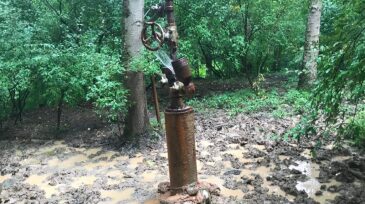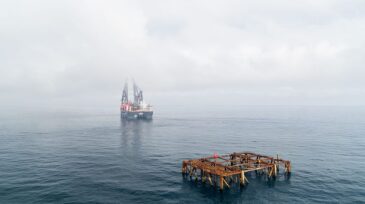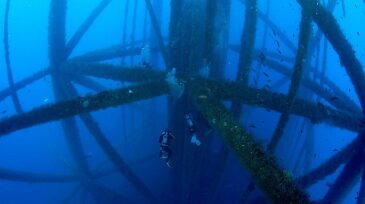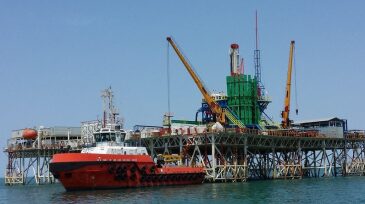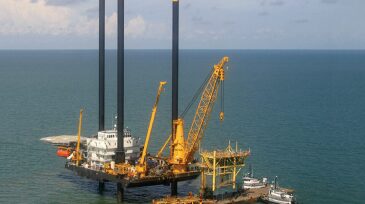decommissioning
-
The US government has made more than $1 billion available to qualified states. The program is part of the recently passed infrastructure law.
-
The Heerema semisubmersible crane vessels Thialf and Sleipnir were used on the job to remove the 36,000-ton structure.
-
Rystad Energy compared the decommissioning costs based on two similar steel platforms, one in each region, using its cost-estimating tool.
-
Decommissioning and abandonment comes with its share of unexpected surprises, but many of those surprises could be avoided merely through better planning and care.
-
The next big wave of decommissioning and abandonment projects is set to occur in the Asia-Pacific region, and APAC’s operators are now tasked with finding cost- and time-effective ways of unwinding their huge agglomeration of wells and facilities.
-
Many operators are taking a full-life-cycle approach to preparing for decommissioning—a shift borne of necessity amid cost and regulatory constraints.
-
With no money to be made, P&A is one area where operators can put aside their hyper-competitiveness to work together. Members of the recently formed PACE network discussed the virtues of collaboration at the Decommissioning and Abandonment Summit 2018.
-
A panel of UK government officials and industry executives discuss opportunities to increase efficiency in North Sea decommissioning programs.
-
A new university-led consortium aims to bring together industry and academia to help operators efficiently orchestrate the final days of deepwater developments.
-
With regulatory pressure and the cost of decommissioning increasing, many operators are seeking new and better decommissioning methods that could get more work done safely and at a lower cost.

